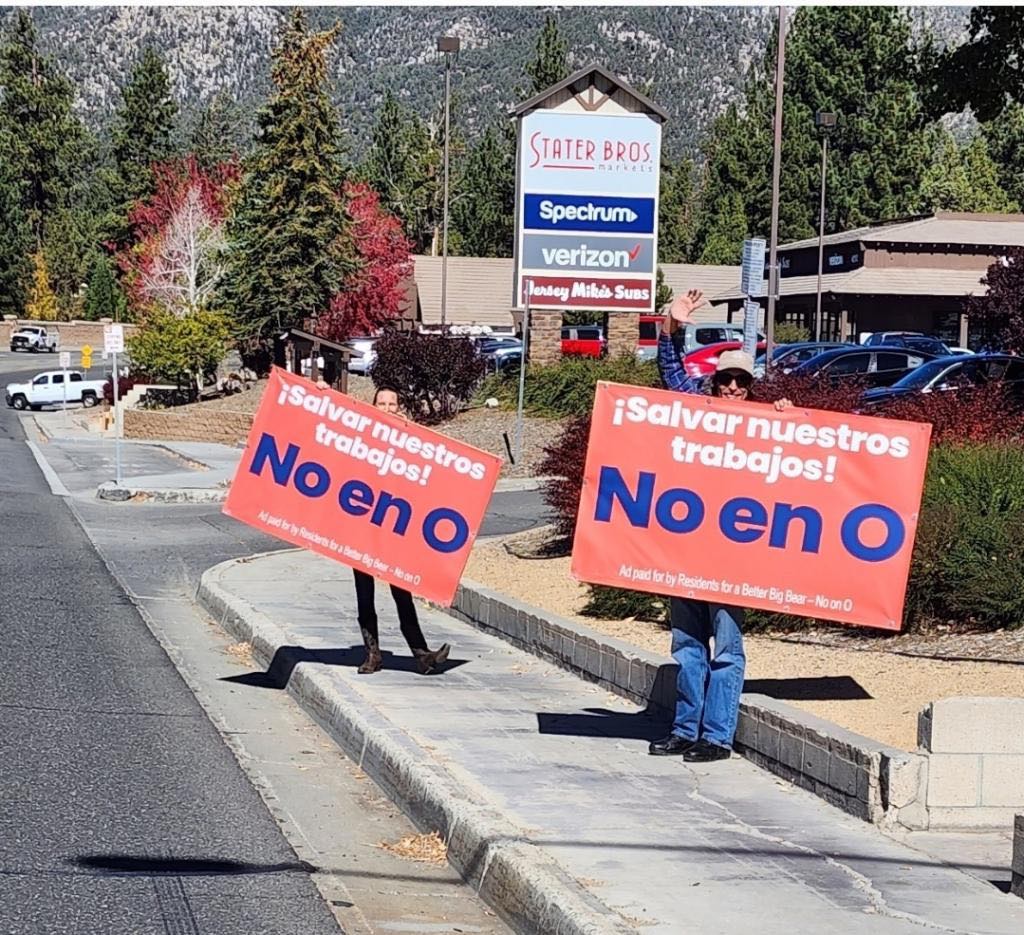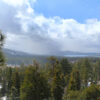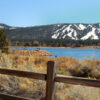Like most tourist destinations, our mountain community saw a record number of visitors in 2020 and 2021. We also experienced a significant increase in buyer interest which resulted in record sales numbers. In 2020, 1,814 single family residences sold and, in 2021, 1,753 were sold. This represented a 35-40% increase compared to 2018, 2019 (and likely will be for 2022 as well). All information and stats are pulled from the local Big Bear MLS only. Of these sales, many buyers opted to vacation rent the homes they purchased at a premium. Over the years, consistently about 80-85% of my clients opt to rent their home in some capacity to offset costs. This led to a noticeable increase in active STRs (short term rentals) as well as a 30-35% increase in bookings compared to previous, “typical” years. With these unexpected increases, came more complaints from some of the local population who questioned the strength of the existing rental ordinance for homes located in the 92315 zip code. In response, the City of Big Bear Lake acted quickly and adopted a newly revised ordinance in 2021.
On August 8, 2021, the city put this new ordinance into effect which addressed a number of the common issues and complaints received during the surge. Some of the notable changes included: new spa/outdoor activity hours (7A.M. – 10 P.M.), $500 fines to guests that disregarded noise regulations, spa hours and more cars parked or guests staying than permitted, and heavier fines ($5,000-$10,000) to those operating without a license and, potentially, the permanent loss of a homeowners STR license. For a full list of the new rules and regulations, the new vacation rental ordinance can be found here.
The new ordinance, aided by the post COVID normalizing of the market, was clearly effective. However, a citizens initiative was drafted and placed on this November’s ballot referred to as Measure O. In addition to the existing ordinance, Measure O proposed 3 significant restrictions – a city wide limit of 1,500 STR permits (there are currently 2,800 active permits), an annual restriction of 30 vacation rental stays per property and limiting a homeowner to only 5 friends and family to visit their property regardless of its size.
As expected, many home owners, local businesses and working citizens that rely on tourism felt the measure was unnecessary and would have a detrimental effect on the local economy. Based on an economic study performed by Tourism Economics, Big Bear would likely see 437,000 fewer visitors, direct visitor spending would decline by $250 million (down 57%), a loss of 2,100 jobs and $12 million fewer tax dollars (transient occupancy tax). These taxes are critical to help support community improvement and marketing campaigns that bring visitors to Big Bear.
In an effort to fight these economic impacts, a large diverse group of Big Bear locals and second home owners helped form and support the No on Measure O Campaign. The extensive efforts proved to be a success. Although still unofficial, Measure O was defeated. Currently, the NO votes stand at 58.11% and YES at 41.89%. Results will be official come mid December.
No on Measure O volunteers spreading the word on Big Bear Boulevard








Now we can get back to business!